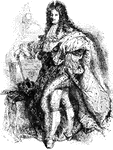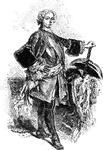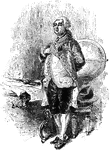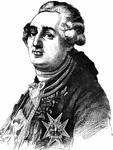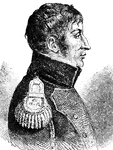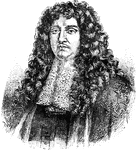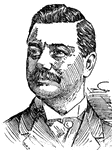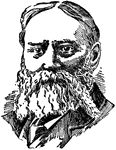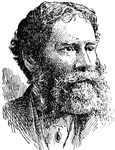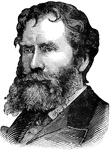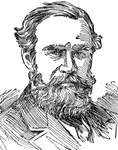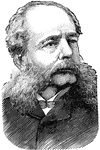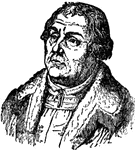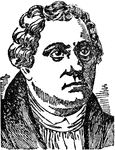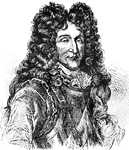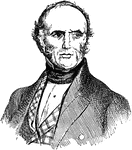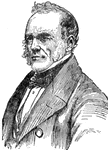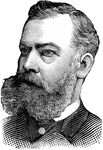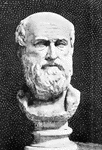227 illustrations of famous people including: Robert La Salle, Marquis de Lafayette, John Law, Robert E. Lee, Henry Lee, Cardinal Leo XIII, Leonardo da Vinci, Abraham Lincoln, Henry Longfellow, King Louis, James Lowell, and more
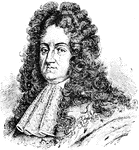
Louis XIV
"The age of Louis XIV. during the reign of Louis XIV, the son and successor of Louis XIII (1643-1715),…
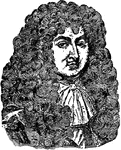
Louis XIV
King of France and King of Navarre from May 14, 1643 until his death. He inherited the Crown at the…
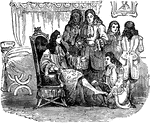
Louis XIV in his chambers
"The reign of Louis the Fourteenth has been termed the Augustan age of France. This monarch had none…
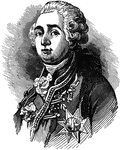
Louis XVI
Louis XVI (23 August 1754 – 21 January 1793), Louis-Auguste de France, ruled as King of France…
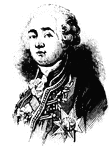
King Louis XVI of France
(1754-1793) King of France 1774-1793 who married Marie Antoinette and allowed France to become involved…
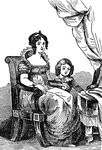
Maria Louisa
The second wife of Napoleon Bonaparte. Born December 12, 1791 and died on December 17, 1847.
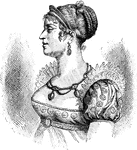
Maria Louisa
The second wife of Napoleon Bonaparte. Born December 12, 1791 and died on December 17, 1847.
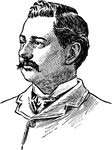
Seth Low
Seth Low (January 18, 1850 - September 17, 1916), born in Brooklyn, New York, was an American educator…
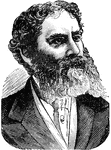
James Russel Lowell
"Mr. Lowell is descended from an English family who settled in New England in the year 1639." —The…
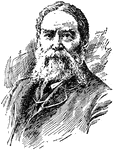
James Russell Lowell
(1819-1891) American poet, critic, essayist, orator and diplomat most famous for The Vision of Sir Launfal.
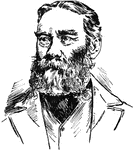
James Russell Lowell
James Russell Lowell (February 22, 1819 – August 12, 1891) was an American Romantic poet, critic,…
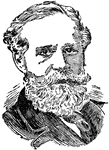
John Lubbock
An English banker, politician, naturalist and archaeologist, born to Sir John William Lubbock, Bart.
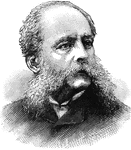
Stephen Bleecker Luce
Stephen Bleecker Luce (25 March 1827 – 28 July 1917) was a U.S. Navy admiral. He was the founder…
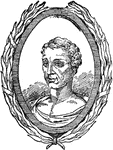
Lucian
"Lucian, the humorous satirist, was a native of Samosata, in Syria, and flourished towards the end of…
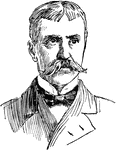
William Ludlow
William Ludlow was an officer in the Corps of Engineers and a major general in the United States Army…
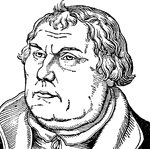
Martin Luther
A portrait of Martin Luther after Cranach, he inspired the Protestant reform in the 1800's.
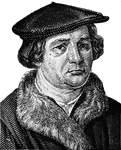
Martin Luther
Martin Luther (November 10, 1483 – February 18, 1546) was a German monk, theologian, university professor,…
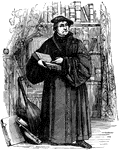
Martin Luther
Martin Luther (November 10, 1483 - February 18, 1546) was a German monk, theologian, university professor,…

Martin Luther
"Martin Luther was born at Eisleben in 1483. He was the son of a poor miner, had entered the Augustinian…
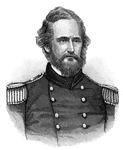
Captain Nathaniel Lyon
"Captain Nathaniel Lyon fought for the Union during the Civil War."—E. Benjamin Andrews 1895
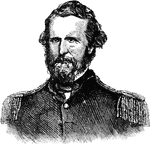
General Nathaniel Lyon
General Nathaniel Lyon (1818 - 1861) was the first Union general to be killed in the Civil War and is…
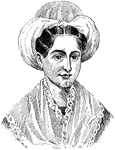
Mary Lyon
The founder of the Wheaton Female Seminary in Massachusetts. Two years later, she established Mount…
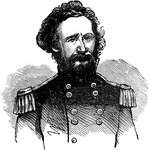
Nathaniel Lyon
Nathaniel Lyon (July 14, 1818 – August 10, 1861) was the first Union general to be killed in the…
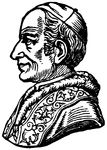
Pope Leo XIII - Side Portrait
Profile of Pop Leo XIII. He was elected pope on February 20th, 1878 and died July 20th, 1903. He was…

